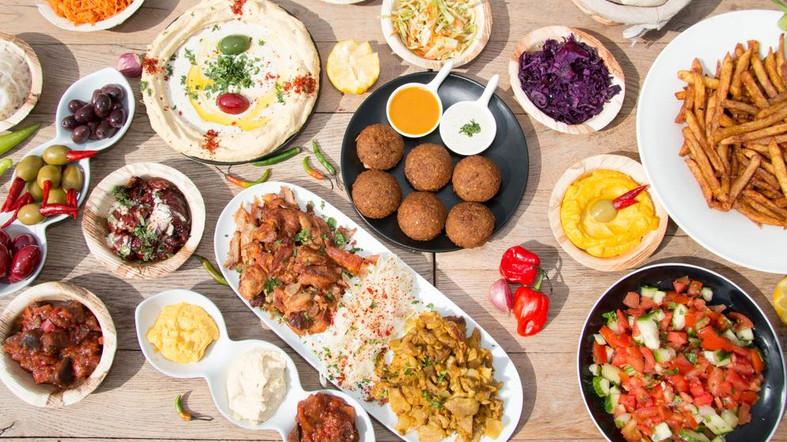
May 8, 2020, by Kate Rothery
Staying active and well during Ramadan
During the month of Ramadan, Muslims around the world fast for long hours for 30 days. This period of prayers, reflection and community is a pillar of the Islamic calendar.
It’s still really important to maintain your healthy lifestyle during Ramadan and keep up your fitness levels.
University of Nottingham Sport’s fitness instructor Raza Shoiab gives his advice on looking after yourself during fasting and how you can adjust your workout schedule to stay active.
From everyone at University of Nottingham Sport, we wish you all a happy and healthy Ramadan.
Manage your sleeping pattern
During Ramadan it can be difficult to get enough sleep, especially with early starts and staying up late to eat. So you really do have to make a conscious effort to fit in enough rest and being in lock down actually can help depending on your situation.
I often have a nap during the daytime, after work if you’re still working. Plan out your regular day and then try to keep to the same sleep patterns. For example, if 8 hours in a row isn’t possible, try two 4 hour naps.
Look after your diet
Having a balanced diet is really important year round, including Ramadan. Don’t forget to include all the food groups – carbohydrate, protein and fat – and eat lots of fruits and vegetables.
Personally, I eat lots of slow energy release food during Suhoor like oats, wholegrains and high fibre foods. This helps me feel less hungry during the day. I also take care to consume all the necessary vitamins and take a supplement too.
Those wanting to exercise after Iftar could break their fast with a small meal, consisting of natural sugars like dates or fruit and carbohydrates, and then allow some time to digest before exercising.
The workout should then be followed with a bigger meal consisting of protein-rich foods as well as lots of water to replenish lost fluids.
I try to avoid or at least limit some types of food during Ramadan. Watch out for fried and fatty meals or food with a high percentage of sodium or sugar.
Hydrate properly
Up to 60% of an adult’s body is water – it’s vital! Drinking plenty of water brings so many benefits including maintaining health digestion, aiding weight management, promoting proper kidney function, promoting healthy skin and so on!
Water can compensate for fluids lost due to fasting, so drink as much as water you can. I aim for at least aim for 2- 3 litres of water per day. A top tip is to pre-fill two 1L water bottles or have a 2L bottle of water ready for Iftar so that you know between breaking and restarting fast, you have to drink all of it.
Choose the right time to train
Training can be challenging during Ramadan especially on an empty stomach. However, it doesn’t mean you have to stop your workout programme – you can alter your training times.
Personally I have found the three following times effective when fasting:
- Before iftar (breaking fast): Keep the intensity moderate as we’re training on an empty stomach. Weight training or other low-intensity exercises are good options. Your carbohydrate levels will be very low at this time so you will not have as much energy as you normally would. However, you’ll shortly be replenishing your energy so make the most of this workout time. Make sure you get plenty of fluids when you break your fast as you can’t drink water during your workout.
- After iftar: The positive side of training after breaking your fast is that you can eat and drink. I would suggest a small portion before training followed by a larger meal.
- Between 11pm and 2am: If training late doesn’t bother you, then this can be the best time to fit exercise into your routine. Once your iftar meal has settled, you will have enough energy and will be hydrated ready to go.
There is no perfect time for training during Ramadan, it is all about what works for you. Remember not to overdo it. Keep exercise intensity low and remind yourself you are exercising to maintain, not to gain.
…………………
For more guidance and resources on staying healthy and active from home, check out University of Nottingham Sport’s online Health and Wellbeing Home.
As well as blogs and live Q&As with our fitness team, we’ve got a huge range of free online workouts you can try at home during lockdown.
If you would like more advice or support regarding your training type and pattern during Ramadan, please get in touch with Raza at shoaib.raza@nottingham.ac.uk.
No comments yet, fill out a comment to be the first

Leave a Reply